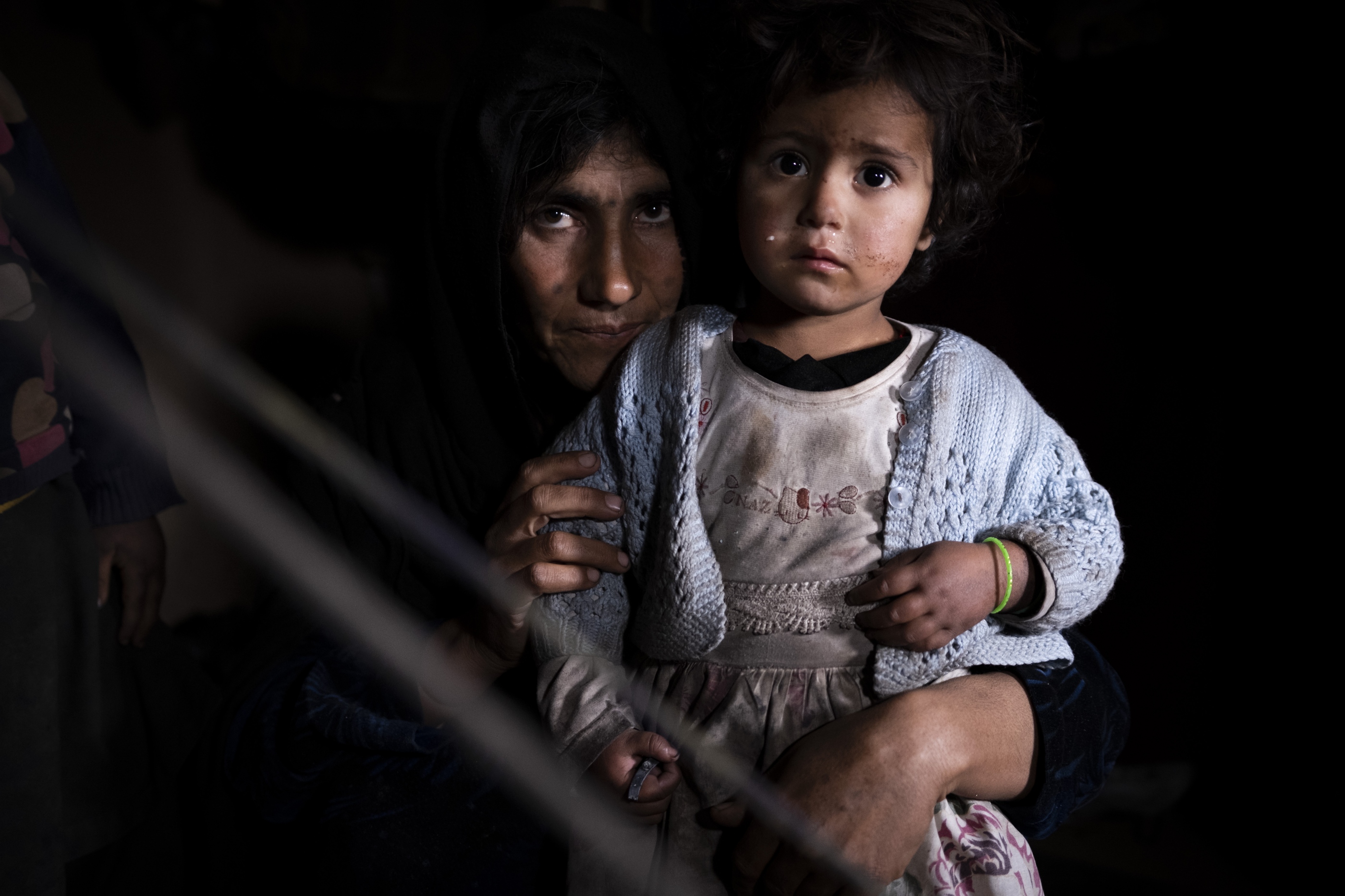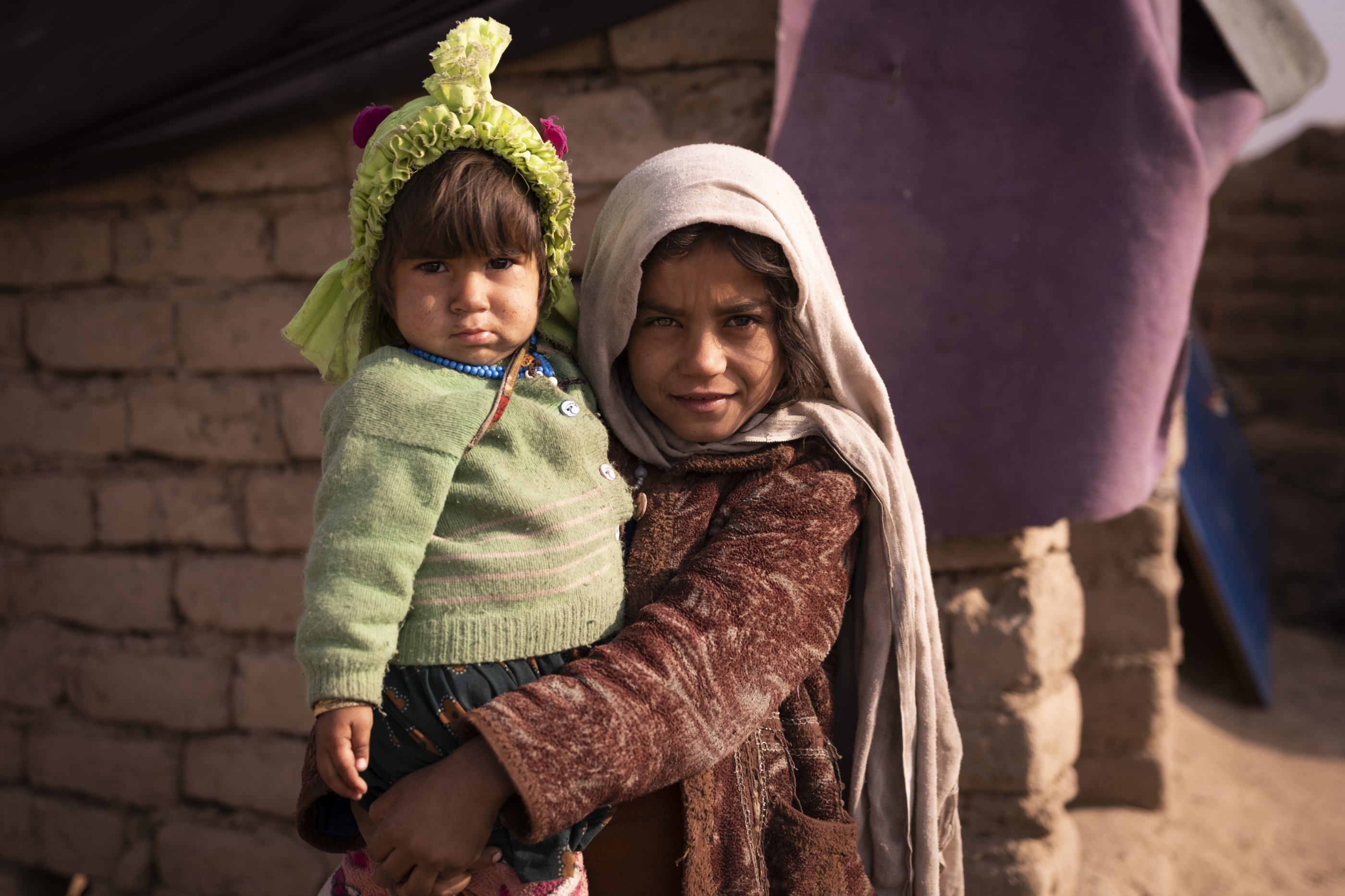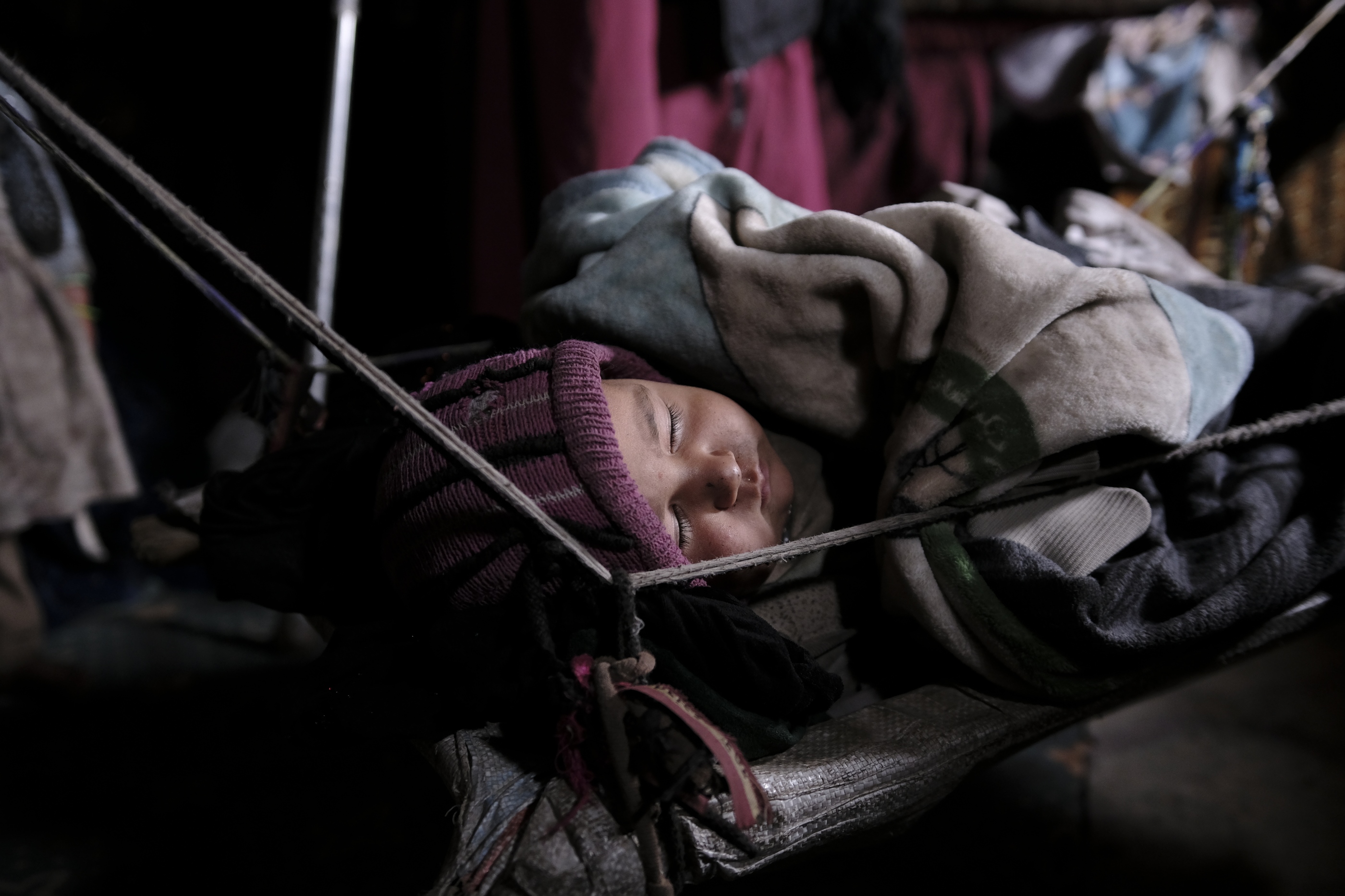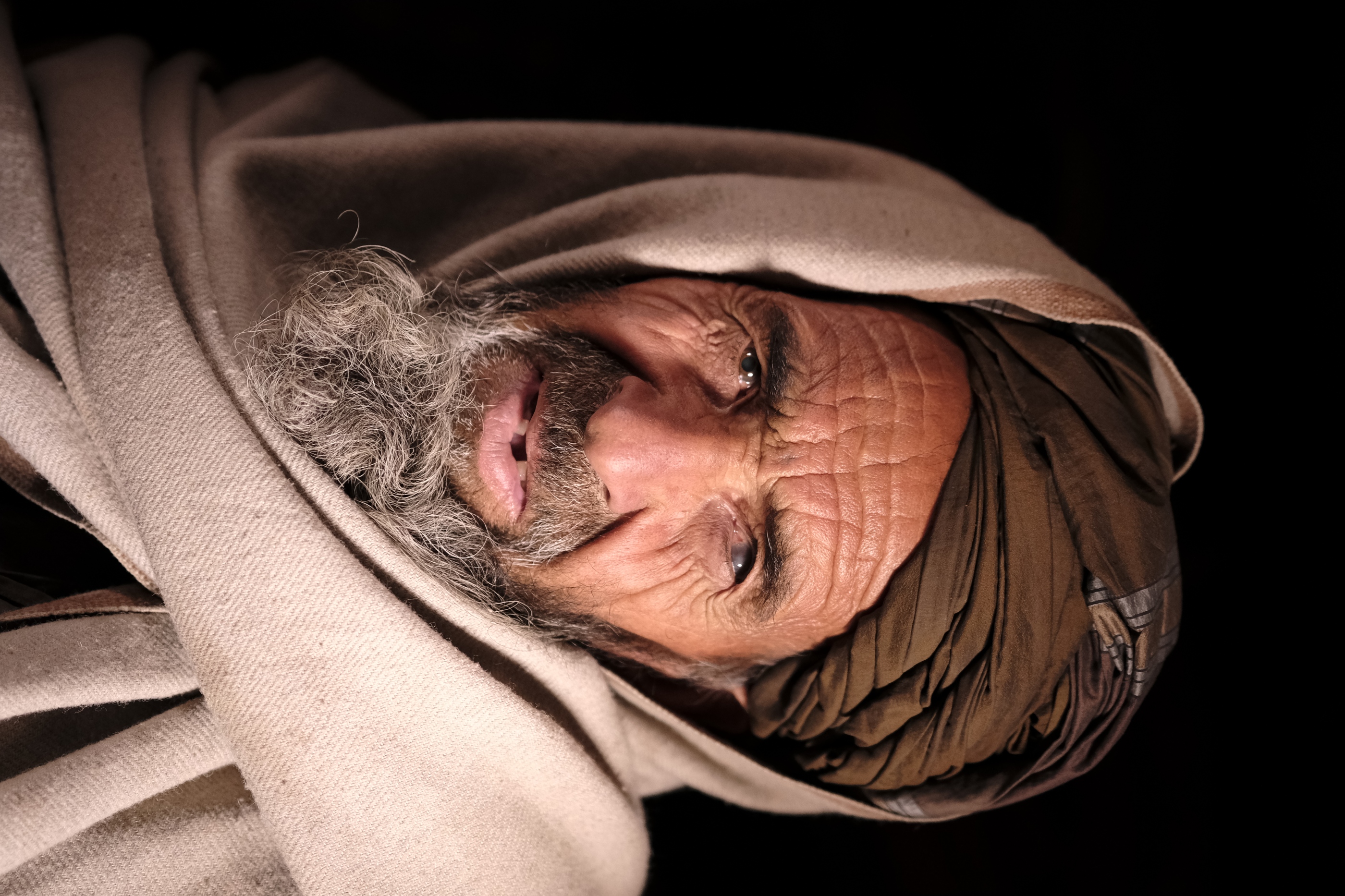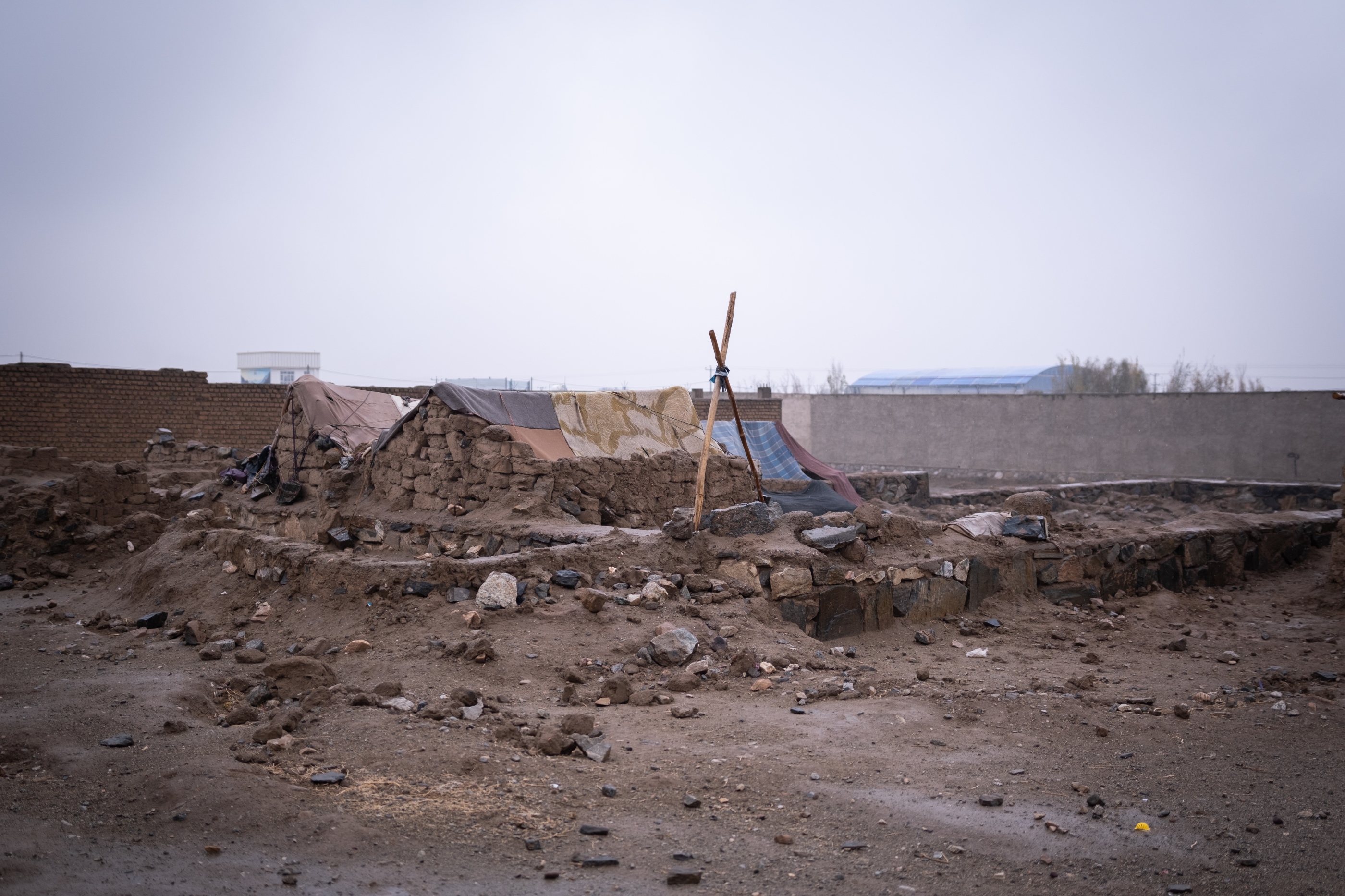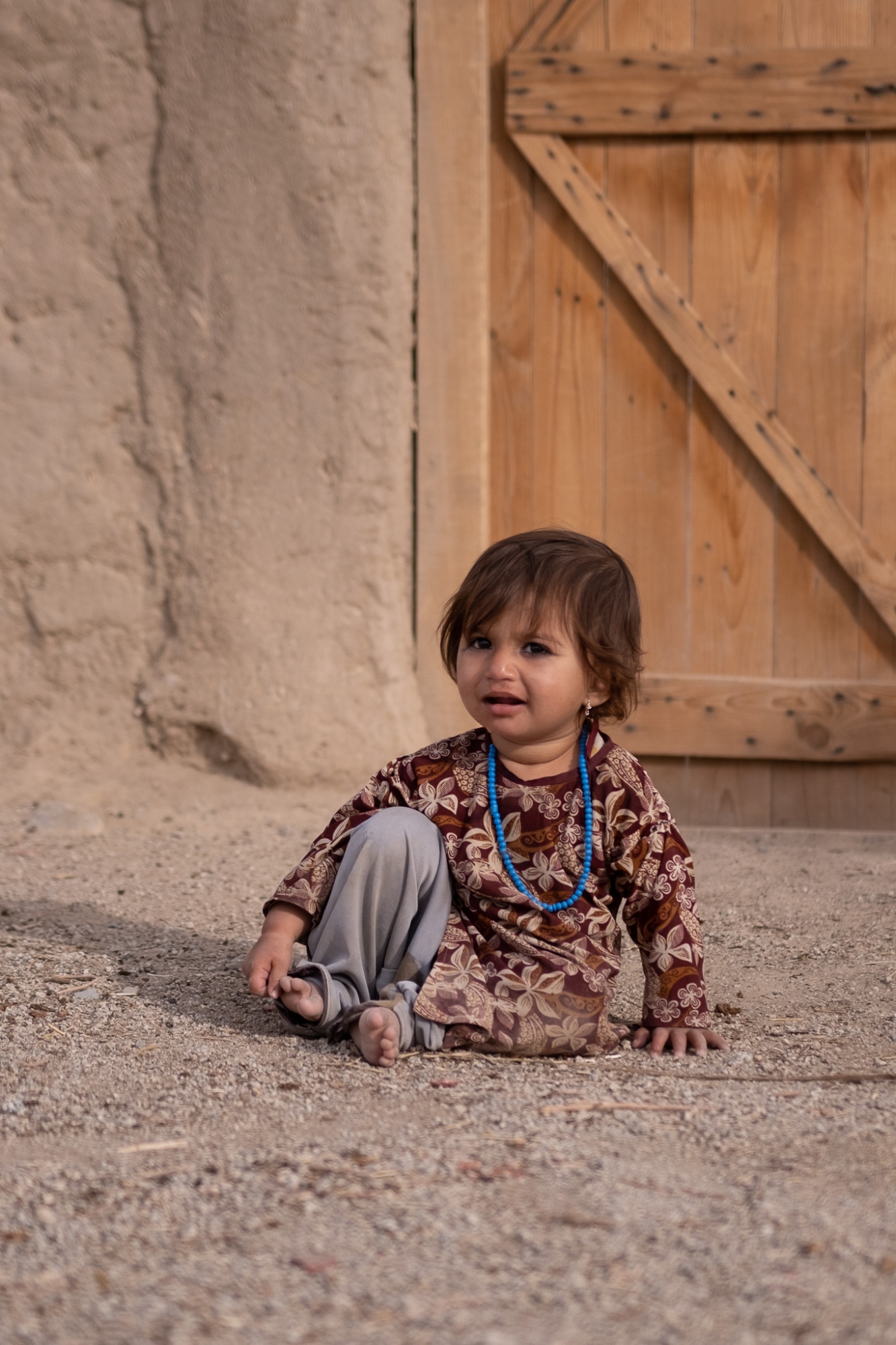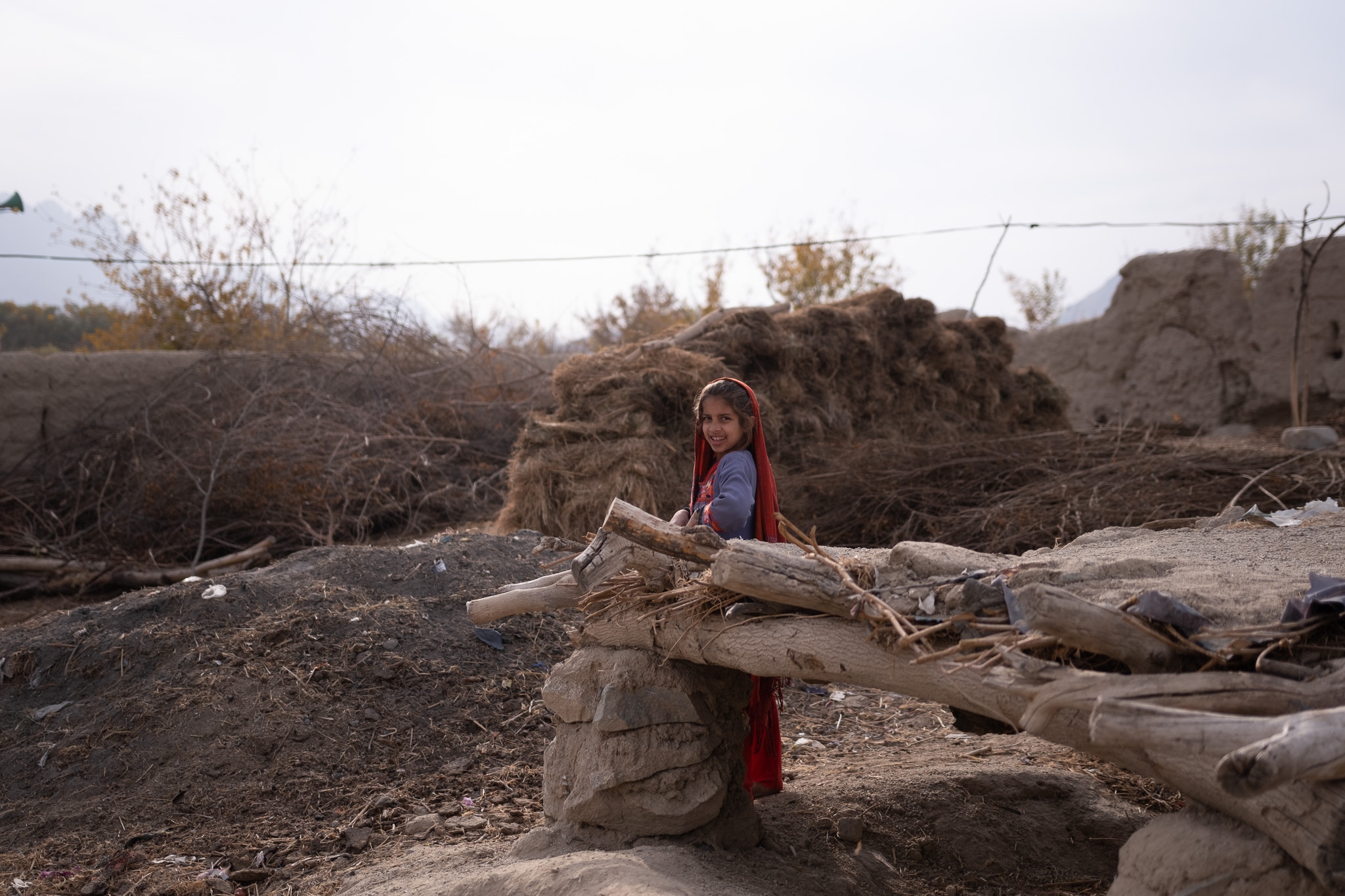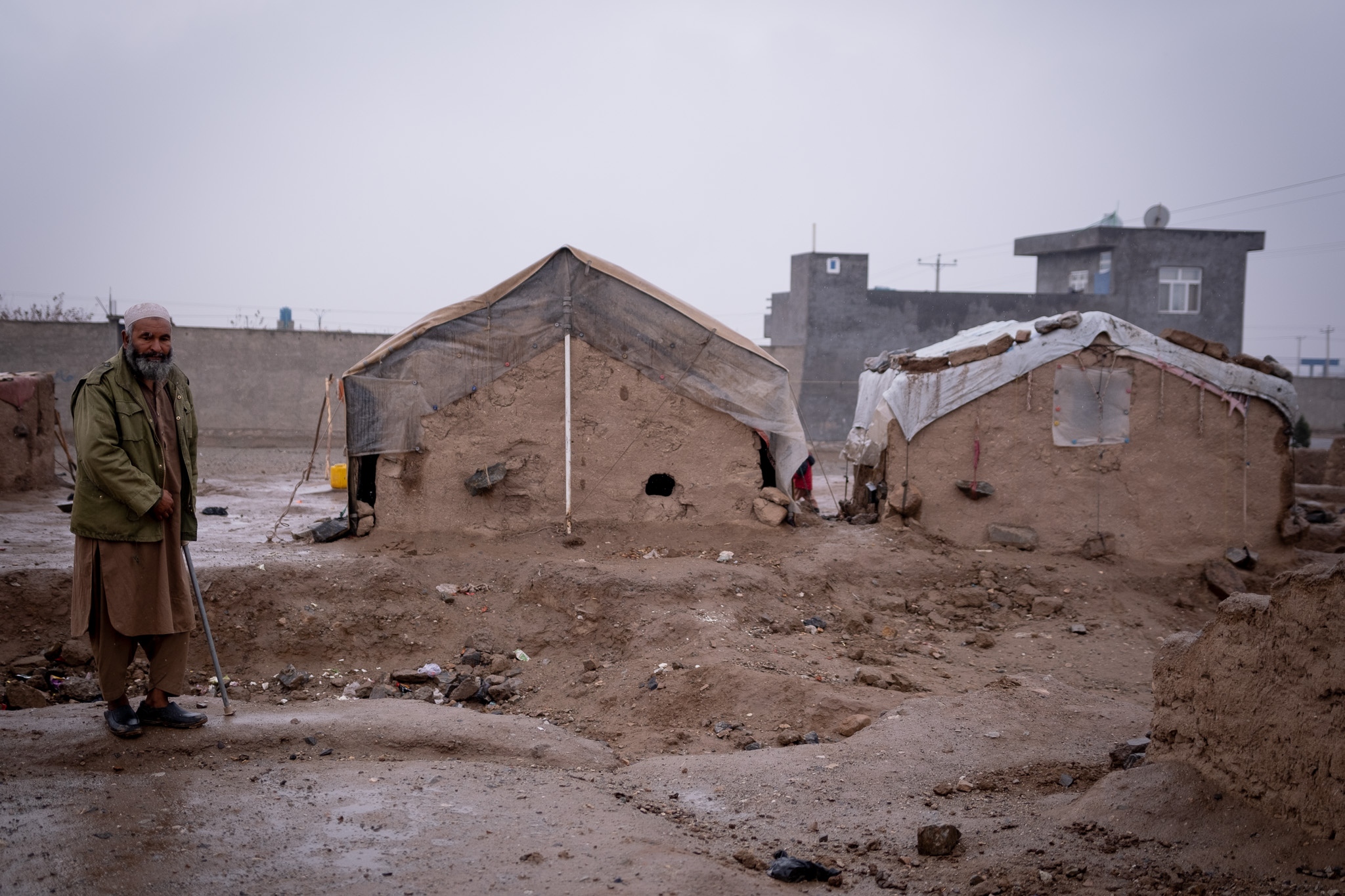On the Brink of Collapse: A Worsening Humanitarian Crisis
During the US occupation, Freshta's family fled to the outskirts of the city of Herat escaping from war, and looking for better opportunities. Her father still has injuries that prevent him from living a normal life. ‘’Even if we were totally capable of working, there is no work for us to do’’ Freshta's father said. He survived a blast that made him lose a significant percentage of his sight.
A neighbor that was present during the interview told us ‘’we used to get help from the previous government, but after the Taliban regained power, nobody helps us’’. He explained how the Taliban have stopped different organizations from providing aid to his IDP camp. Different NGO workers commented that the Taliban government has been restricting their operations in Afghanistan by deciding where the aid is directed to or, in their latest move, forbidding women from working in these organizations, disproportionately affecting women in need who are often only accessible by other women.
Because of this increasingly harsh situation, the father is forced to offer his daughters for sale to whoever wants to marry them, ‘’We are very worried about our girls marrying an abusive man, the Taliban would not do anything if this happens’’. ‘’Whatever will happen is in Allah’s hands’’ Freshta's father concluded.
